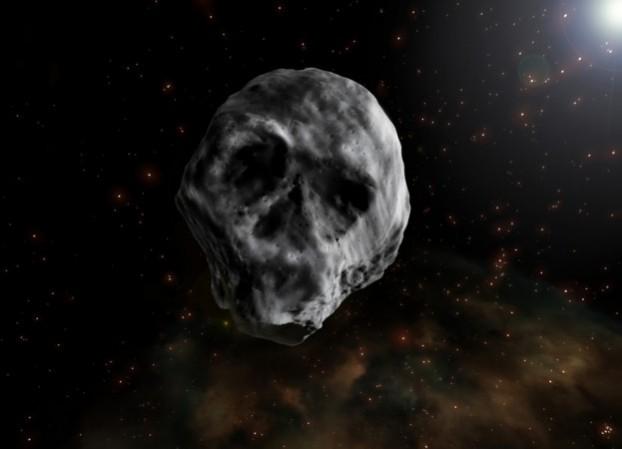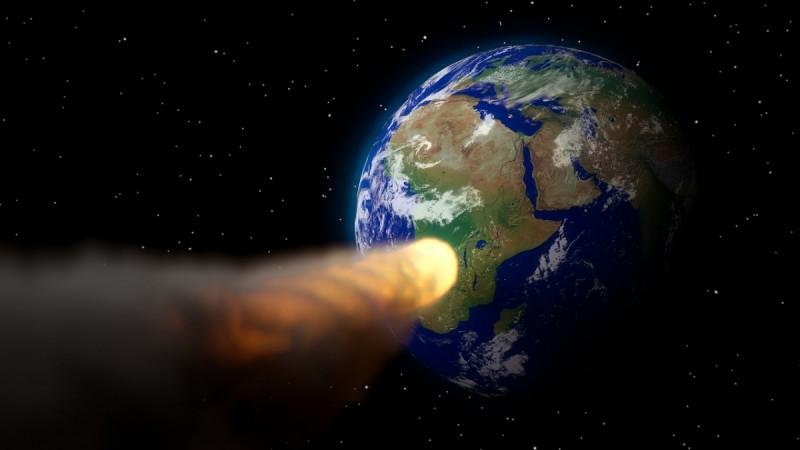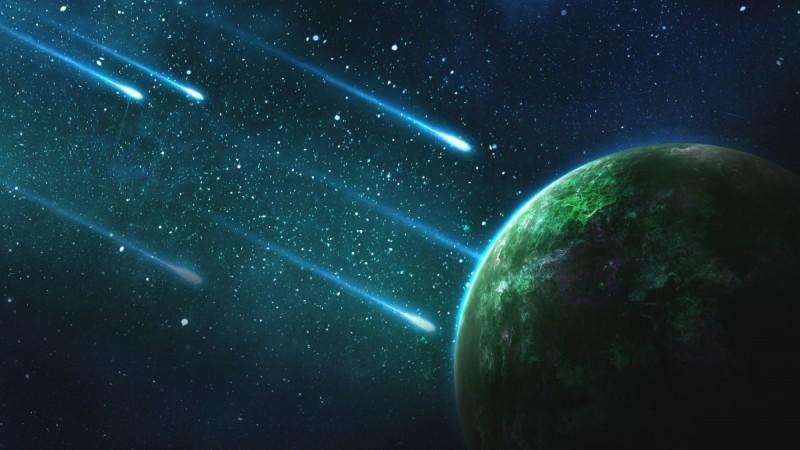
Taking a cue from H.G. Wells film 'War of the Worlds' when bacteria stopped the Martian invasion, a new theory that is gathering momentum is that these micro-organism from outer space might have been behind the origin of life on earth too.
Human beings have evolved from the Homo erectus, about 200,000 years ago to modern humans -- Homo Sapiens. Life can even be traced further back when it was simple nothing or just simple microorganisms, single cell life forms which later branched off into flora and fauna. But the missing-middle still remains intriguing -- When and where did life on Earth originate?
The answer could actually be that life is not from Earth, but from outside, somewhere in the cosmos. Earth is about four billion years old and there is enough evidence to show that life evolved here, but scientists are still on the fence about where and at what point in time life originated. That exact moment when life started is still a matter of debate among scientists.
The Panspermia theory takes a rather radical approach to solve this problem. It speaks of life being brought to Earth onboard asteroids travelling through the infinite expanse of the universe.
Asteroid strikes are mostly known in the past for wiping out a majority of life on Earth. The Chicxulub event, for example, not only killed off the dinosaurs, but also snuffed out about 75 percent of all plant and animal life on the planet, but what if they previously brought life as well?

Earth was born about 4 billion years ago and it is around this time that life must have also started to form, says a report in Curiosity. This also coincides with the same time period when Earth was facing serious bombardment in the form of asteroids crashing into the planet at meteoric velocities.
The Panspermia theory suggests that asteroids brought life to Earth during this bombardment phase. It is possible that bacteria and other microorganisms survived a journey for thousands of years "encased inside a meteor or comet that fell into Earth, effectively impregnating the planet" which by then had all the environmental and climatic prerequisites for life.
It has been found that under the right circumstances, life can survive in the cold, dark outreaches of space, as evidenced by many experiments carried out in space, aboard the International Space Station.
Bacteria and lower forms of life trapped inside asteroids could easily have survived reentry and started to flourish once they crashed into Earth, perhaps into the massive ocean from whence life started to bloom and evolve into what it is today. A similar line of reasoning was afloat a few months earlier when scientists were speculating whether or not octopuses were alien.
The question of how life originated, off planet or not, however, still remains unanswered. Even the Panspermia theory, is not fully conclusive. It was criticized since it could not be tested experimentally either.















